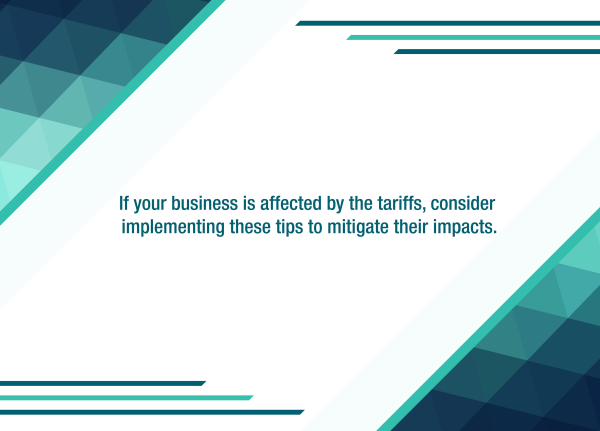Social media gets blamed for a lot these days — sometimes for good reason. Recently, the IRS issued a warning to individual and business taxpayers to beware of false claims about various federal tax breaks that appear on social media platforms. The common denominator of such claims is that they involve legitimate tax provisions for which most taxpayers don’t qualify. If you claim these breaks erroneously, it could delay a refund, require time-wasting correspondence and paperwork, and even result in penalties and criminal prosecution.
Abusing legitimate tax breaks
Intentionally fraudulent or even honestly inaccurate tax advice can come from many sources. These days, a lot of people put faith in social media “influencers,” who may not be qualified to dispense financial advice. According to the IRS, thousands of taxpayers submitted falsified returns during the 2023 filing season, many claiming they relied on advice from social media.
The tax agency is particularly concerned about bogus claims and filings involving:
The Fuel Tax Credit.
Generally, only off-highway (non-fuel) businesses and farms can claim this credit. To file Form 4136, Credit for Federal Tax Paid on Fuels, you need to have a business purpose and qualifying business activity. Social media promoters and other fraudsters might try to convince you otherwise, and might even offer to sell you fictitious documents, including fuel receipts.
The Sick and Family Leave Credit.
This credit was made available to employers and certain self-employed taxpayers during the pandemic in 2020 and 2021 but was no longer effective after 2021. Nevertheless, many people who weren’t eligible claimed it on 2022 and 2023 tax returns. Some claimed the credit for household workers they didn’t have and never paid.
Clean energy tax credits.
The IRS has received returns that improperly claim clean energy credits made available by the Inflation Reduction Act (IRA). The returns might claim credits that offset income tax from sources including wages, Social Security and retirement account withdrawals. One particular scam involves an IRA provision that enables taxpayers to purchase federal income tax credits from investments in clean energy. Before claiming such credits, ensure that you are indeed eligible for them.
Trust and verify
The best way to avoid making serious tax mistakes is to arm yourself with accurate information from us and the IRS. Also, it’s important to work with qualified and experienced tax professionals when preparing tax returns and making strategic plans to reduce your tax burden.
In addition, be careful when using social media. If someone sends you an unsolicited friend request (even if you share a real-life friend), investigate thoroughly before accepting the invitation. And ignore suspicious messages and tax advice that seems “too good to be true.” Most social media platforms should enable you to block these unwanted posts and shady users.
Friends vs. foes
Whether you’re concerned about your individual or business taxes, it pays to remain skeptical of unsolicited tax advice. Although social media can be an important forum for communicating and connecting, users need to differentiate between friends and foes.
____________________________________
We highly recommend you confer with your Miller Kaplan advisor to understand your specific situation and how this may impact you.



